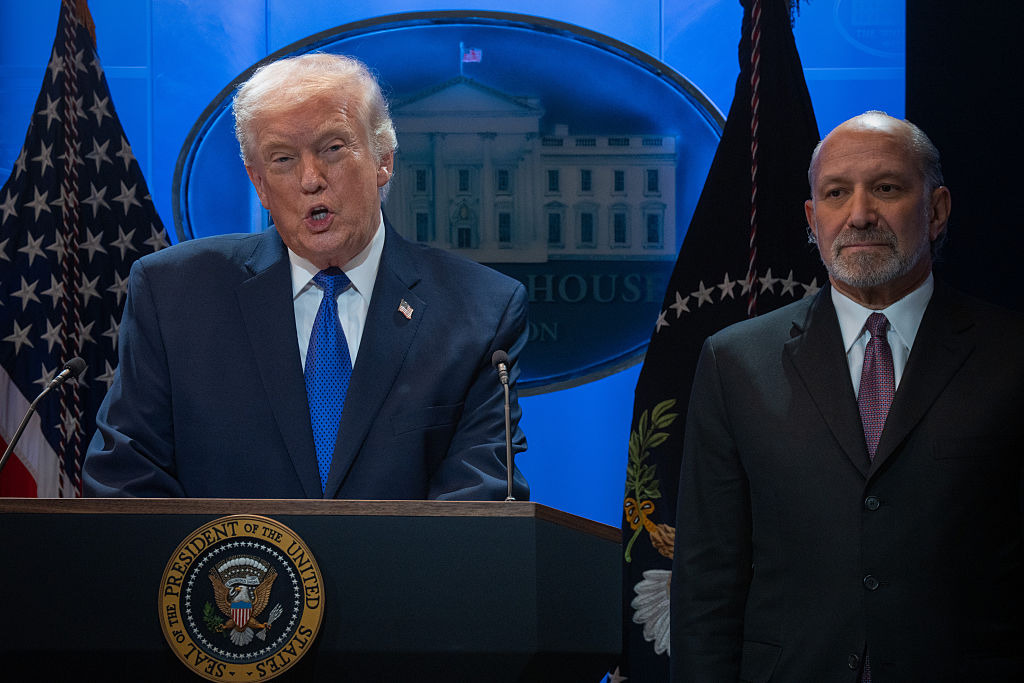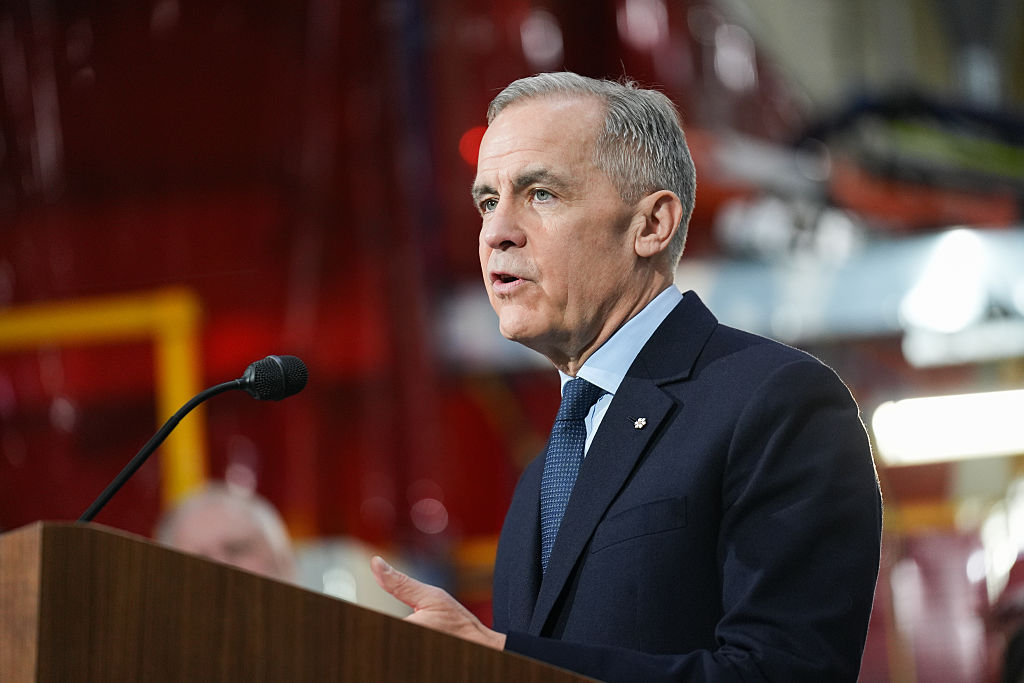USTR Testimony: Negotiating Objectives Regarding the Modernization of NAFTA
USTR Testimony: Negotiating Objectives Regarding the Modernization of NAFTA
The negotiations are not a zero-sum game and will require balance, dexterity, and political sincerity, says AS/COA's Eric Farnsworth in testimony before the U.S. Trade Representative Interagency Commission.
Testimony before the U.S. Trade Representative Interagency Commission
June 28, 2017
Eric Farnsworth
Vice President, Council of the Americas
*** As Prepared for Delivery ***
Good afternoon, Commissioners. Thank you for the opportunity to testify today on an issue of fundamental importance to U.S. economic competitiveness and also our regional security interests.
I represent the Council of the Americas, a New York-based organization that for more than 50 years has been a leading voice promoting enlightened US self-interest across the Western Hemispheric. We do this by promoting democracy and social development, open markets, and the rule of law on behalf of our 220 member companies across virtually all economic sectors.
The Council has been a strong and vocal advocate for NAFTA since well before the original negotiations even began. We saw, and continue to see, NAFTA as a vital means to build US competitiveness and consumer benefit in a rapidly changing world, while linking us more broadly and effectively together with our two closest neighbors.
It should surprise nobody, therefore, that we remain strong advocates for increasing economic, political, and social ties among the United States, Canada, and Mexico. But neither should it surprise anyone to learn that we believe the original agreement can be updated and modernized to make it even more effective and relevant in today’s economy. The question is how to do that, and we have submitted a menu of specific ideas in our written testimony.
But, this being the final panel of a very long second day of testimony, rather than recite a list of our priorities that you have already reviewed, I want instead to proffer a parable that, I hope, will make our points in a more compelling and likely more memorable way.
It is the universally-beloved story of the elephant and the blind men.
Once, there lived several blind men in a village. One day they heard that a man with an elephant would be coming to their village. As they had no experience with elephants they determined to learn more about the animal by using touch and feel.
When the elephant was brought to them they all reached out their hands to touch it.
"The elephant is a strong column," said the first man who touched one of the legs.
Grabbing the tail, the second man said, "Oh, no! It is much more like a rope.”
"No, it is like a large snake," said the third man whose hands were placed on the trunk.
"It is just like a palm branch," said the fourth man, touching the elephant’s ear.
And so on.
And as each described his unique reality, they began to argue, insisting their own perspective was fully descriptive of the entire elephant and that the others were incorrect, perhaps willfully so. They became increasingly agitated. Finally, the owner said to them, “You are all correct from the basis of your own experience. The elephant does have all the features you claim. But your perspective is too narrow. It is all of those features together, and even more. If we focus on only one aspect to the exclusion of the others, we lose the broader sense of the entire beast. And that would be unwise.”
I would submit to you that in the context of NAFTA modernization, a narrow focus on certain areas to the detriment of others, such as the trade balance in individual sectors or even an overemphasis on the broader bilateral trade balance either with Canada or Mexico, would cause us real harm by overlooking the full NAFTA context and what is at risk if we fail to keep the broader picture and the longer-term imperatives in mind.
Our relationship in particular with Mexico today is incomparably better than it was before NAFTA. Although difficult and vexing issues remain evident, Mexico is a full democracy and a cooperative partner that shares the almost 2,000-mile southern U.S. border. NAFTA has directly supported Mexico’s transition and has contributed to a shift in attitudes throughout society toward pragmatic cooperation and away from the ideological confrontation that previously existed.
From drug trafficking and illegal immigration to counter-terrorism including financial and cyber-crime coordination, U.S. security would be directly compromised if Mexico and Canada too were to change their respective orientations toward the United States from cooperative to hostile.
There are no guarantees, and as the presidential campaign season begins in Mexico in earnest in a few months, we must recognize that the posture we strike on NAFTA modernization, in addition to all else, could well enhance the electoral prospects of a more traditionalist government in Mexico skeptical of close ties with the United States. The broader agenda could be put at risk.
The bottom line for us, from the Council of the Americas perspective, is therefore a request that negotiators keep the overall vision in mind of a strong, vibrant, growing North America that improves U.S. trade and investment competitiveness, job creation, and consumer utility by recognizing that this is not a zero-sum game but rather a means to frame the broader economic relationship in a manner that also supports core U.S. strategic interests.
Like the original NAFTA negotiations, this will require balance and dexterity, and above all political sincerity with a view to the prompt conclusion of the negotiations in a spirit of cooperation and goodwill.
Thank you again for the opportunity to be with you here today. I look forward to your questions.









